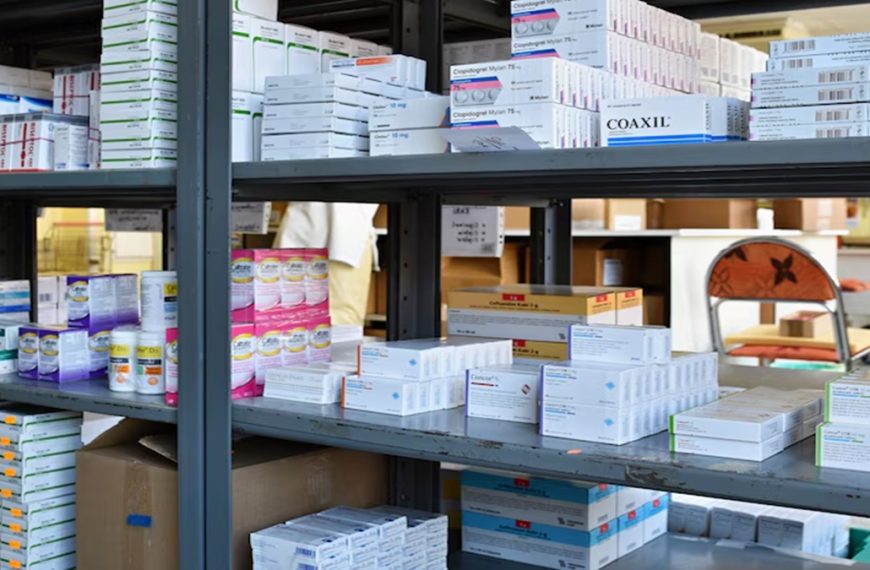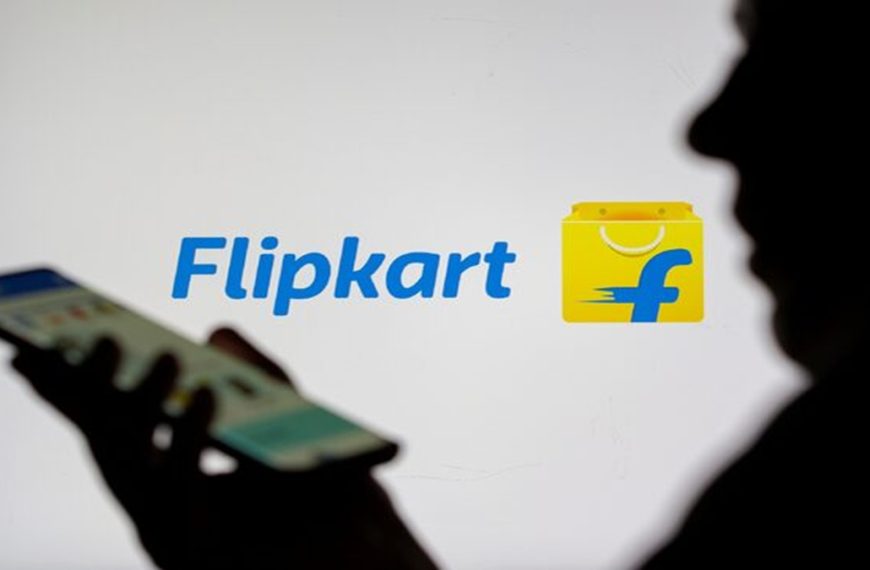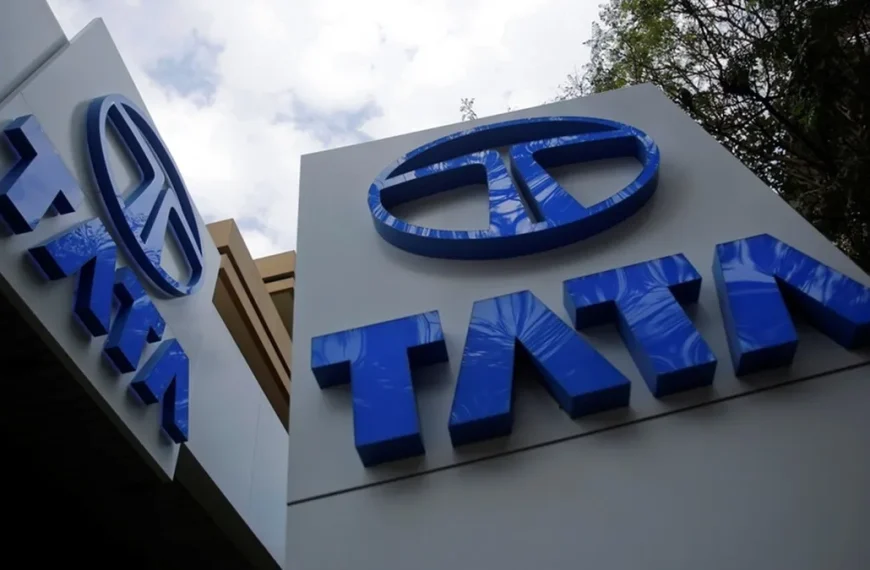The recent executive order from former President Donald Trump regarding drug pricing is creating a buzz in the Indian pharmaceutical sector. Industry analysts are keenly examining how this move might affect the landscape of generic drugs in India, while awaiting more specific details on its implementation. The proposed policy aims to allow American citizens to purchase medications directly from manufacturers, ensuring they pay prices similar to those in competitive healthcare markets worldwide.
Understanding Trump’s Drug Pricing Strategy
The essence of the “most-favored-nation” pricing model is to enhance affordability for American consumers by bypassing middlemen. This strategy is a continuation of Trump’s earlier efforts to lower drug prices by aligning them with those in other countries, although previous attempts faced legal challenges. This time, the order extends to Medicaid along with Medicare, potentially reshaping the pharmaceutical market.
Mixed Reactions from Industry Experts
CDMO Outlook from JM Financial
According to JM Financial, the impact of Trump’s order on Contract Development and Manufacturing Organizations (CDMOs) is expected to be minimal in the short term. They noted that while companies like Sun Pharma, Lupin, Dr. Reddy’s, and others may feel some effects, CDMOs could actually benefit from increased orders as pharmaceutical companies strive to cut costs. However, a decline in Contract Research Organization (CRO) revenues is anticipated due to reduced R&D expenditure.
Potential Opportunities and Challenges
- If the order is limited to Medicare and Medicaid, it may only affect 25% of the U.S. pharmaceutical market.
- Indian generic firms currently have limited exposure to this segment, meaning the overall impact might not be drastic.
- The attractiveness of the U.S. market for Indian players may diminish, reducing future opportunities.
Broader Implications for the U.S. Biotech Sector
JM Financial also highlighted that Trump’s executive order could have far-reaching consequences for the U.S. biotech sector. Major pharmaceutical companies may struggle to balance the need for cost-cutting with the challenge of maintaining domestic production. This could lead to increased reliance on CDMOs, complicating the landscape further.
Perspectives from HDFC Securities
In a similar vein, HDFC Securities views the impact on generic companies as limited. They noted that while some products from Sun Pharma could be affected, many others, particularly those marketed solely in the U.S., are likely to avoid the constraints of the pricing model. This indicates that the core of the generic market might remain stable despite the changes.
The Indian Pharmaceutical Alliance’s Assurance
The Indian Pharmaceutical Alliance (IPA) expressed confidence in the resilience of the generics sector. They emphasized that the generics industry operates on very thin margins, accounting for 90% of prescription volumes in the U.S. while representing only 13% of its market value. This underscores the potential insulation of generics from the impacts of high-cost pharmaceuticals targeted by Trump’s order.
Conclusion: Future Uncertainty
As experts continue to analyze the potential ramifications of this executive order, the industry remains cautious yet hopeful. With Trump’s previous drug pricing initiatives facing legal challenges, there’s a palpable sense of curiosity regarding the feasibility and execution of this new policy. Stakeholders are eager to see how it will unfold and what it means for the future of the Indian pharmaceutical industry.











